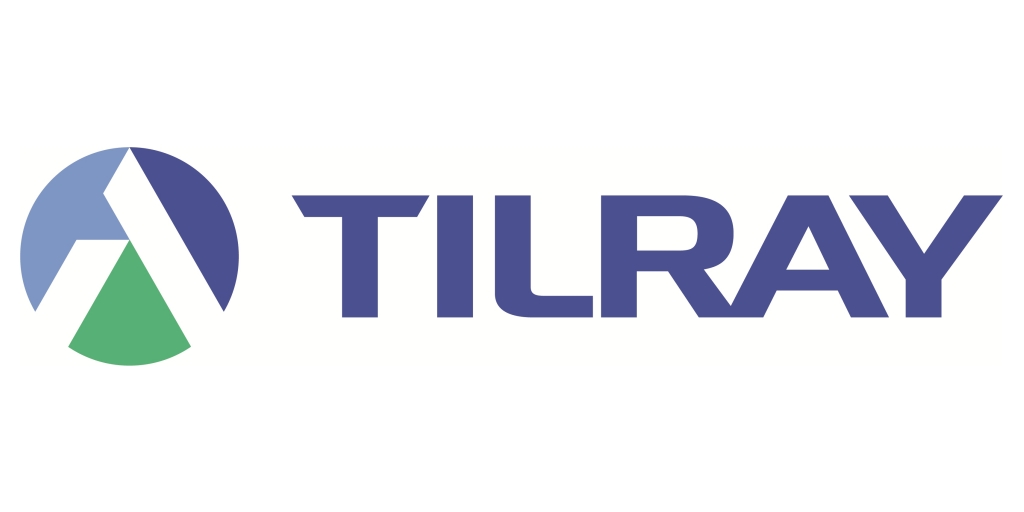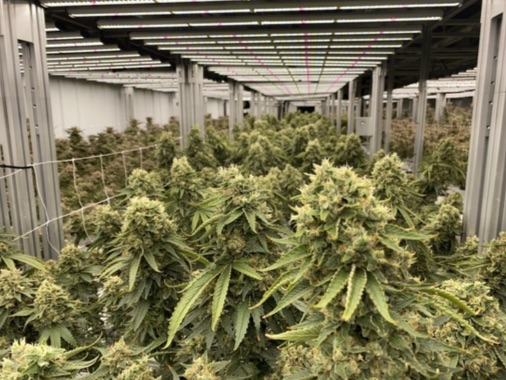Canadian cannabis giant Tilray (NASDAQ:TLRY) announced its fiscal second quarter of 2022 results last week. The company reported net revenue of $155 million in Q2 which was an increase of 20% year over year. Tilray attributed these gains to its expansion in verticals that include alcohol as well as hemp-based wellness.
Despite an uptick in sales, Tilray’s gross margin reduced by 7% to $32.8 million as the Canadian cannabis market continues to wrestle with oversupply issues resulting in lower-priced products. Alternatively, Tilray claimed its cost-reduction program is running ahead of schedule and it expects to save $100 million by 2023, up from its earlier forecast of savings of $80 million.
 Tilray reported a net income of $6 million in Q2, compared to a year-ago loss of $89 million. The fiscal second quarter was also the 11th consecutive quarter where Tilray reported an adjusted EBITDA. This figure stood at $13.8 million in Q2.
Tilray reported a net income of $6 million in Q2, compared to a year-ago loss of $89 million. The fiscal second quarter was also the 11th consecutive quarter where Tilray reported an adjusted EBITDA. This figure stood at $13.8 million in Q2.
Tilray stock rose by 15% in the two trading days following its Q2 results.
What impacted Tilray in Q2 of fiscal 2022?
Tilray explained its Q2 results were solid as it has successfully built a cannabis and lifestyle brand. Further, the company continues to benefit from its scale, global distribution capabilities as well as operational excellence allowing it to increase sales and maintain profitability despite macro-economic headwinds.
Last year, Tilray completed its merger with Aphria making the combined entity the largest cannabis producer in Canada in terms of market share and sales. Tilray maintained its leadership position in the country despite market saturation and rising competitive challenges.
 The company enjoys strong brand recognition and is focused on ensuring an adept pricing environment. It also believes marketing adjustments will allow Tilray to aggressively capture market share going forward.
The company enjoys strong brand recognition and is focused on ensuring an adept pricing environment. It also believes marketing adjustments will allow Tilray to aggressively capture market share going forward.
Germany is the largest medical cannabis market in Europe where Tilray has a 20% share. It’s well-positioned to capture the adult use cannabis market as well in Europe, if and when cannabis is legalized in this region.
Tilray, similar to most other producers aggressively acquired companies in the past. Its acquisition of the U.S.-based SweetWater Brewing and Manitoba Harvest provides it a foothold in the world’s largest cannabis market. These two companies have invested in product innovation to enhance awareness and distribution.
Further, SweetWater and Manitoba Harvest are profitable and provide Tilray an opportunity to launch THC-based products in the U.S. when pot is legalized at the federal level.
What next for TLRY stock?
During its earnings call, Tilray disclosed its new parent name called Tilray Brands. It reflects the company’s evolutions from a Canadian licensed producer to a global consumer packaged goods company with a leading portfolio of cannabis and lifestyle CPG brands.
Tilray aims to post annual sales of $4 billion by 2024 which is quite optimistic given analysts expect revenue to grow to $980 million in fiscal 2022 and $1.2 billion in fiscal 2023. In order for Tilray to reach its lofty goals, it will have to acquire other licensed producers resulting in shareholder dilution.
Germany is expected to legalize marijuana at the federal level, making it the largest country to do so in terms of population. Tilray already has an EU GMP-certified facility operating in Germany which can increase production capacity to accommodate demand from the adult use segment.
Bottom Line: Is Tilray Stock a Buy Post Fiscal Q2 Results?
While Tilray’s stock gained pace, following its Q2 results, investors should understand that it was estimated to report revenue of $171 million in the quarter. Despite the cost synergies enjoyed by Tilray, the adult-use market in Canada is crowded as well as highly fragmented and should consolidate in the upcoming years which will allow companies to improve the bottom line.
Tilray stock is valued at a market cap of $3.2 billion which suggests its forward price to sales multiple is over 3x. Unlike most cannabis producers in the U.S. Tilray continues to post an adjusted loss making it a high-risk bet at current multiples.




































